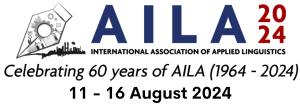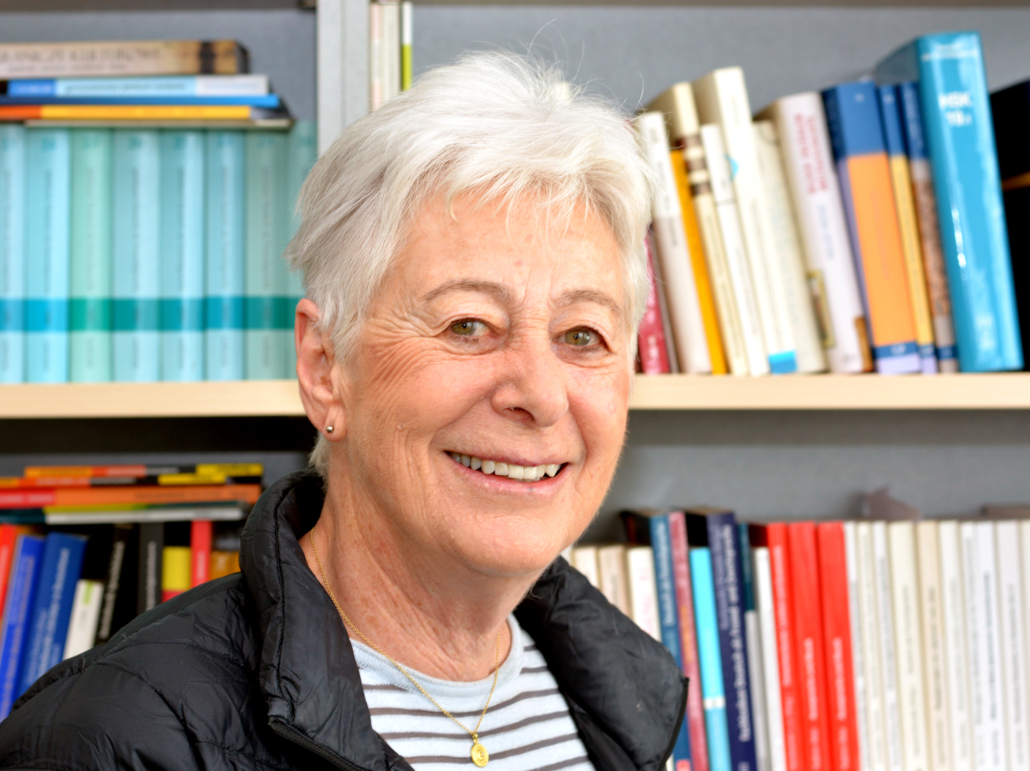Professor Dr. Claire Kramsch
University of California, Berkeley (USA)
Claire Kramsch: Looking Back and Looking Forward ─ A Personal Reflection
Emigrating as I did in the sixties from France to the U.S and moving from French to American academia in the teaching of German as a foreign language confronted me with fundamental questions regarding language, knowledge, culture and identity. Who were my American students? What was their relation to West-Germans? East-Germans? The newly emerging field of Applied Linguistics was for me a theoretical and a practical godsend. It provided me with the international, cross-disciplinary and cross-cultural perspective from which to look at my teaching practice. Even though it was at the time heavily oriented towards the teaching of English, it opened my eyes to the psycho-and sociolinguistic bases of second language acquisition, and to the ideological, social and anthropological aspects of language use. It helped me make my peace with my status as a foreign professional in a country that I had difficulty understanding.
Over the years I slowly realized that the Anglo origins of Applied Linguistics and its use of global English to further its international growth could be not only an advantage but also a handicap. The tension between the local and the global became particularly acute in the area of language education. The emphasis on language as a communicative tool, on interaction and participation, measurable skills and competences was characteristic of an educational culture tightly linked to the global capitalistic marketplace. It lacked historical depth, textual criticality, and political awareness. Language educators operate in very different cultural, historical and political contexts with radically different values. Today, the internet, social media and Open AI offer other sources of knowledge and other ways of learning that threaten the very foundations of institutional education in Applied Linguistics. Based on my experience in this field, I will try and trace a path for the future growth of our beloved Applied Linguistics.
Keywords: language, knowledge, culture, identity, Applied Linguistics, past/future

